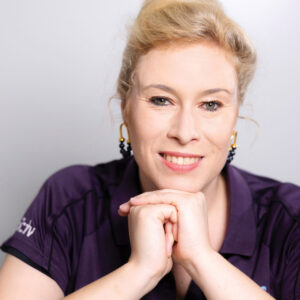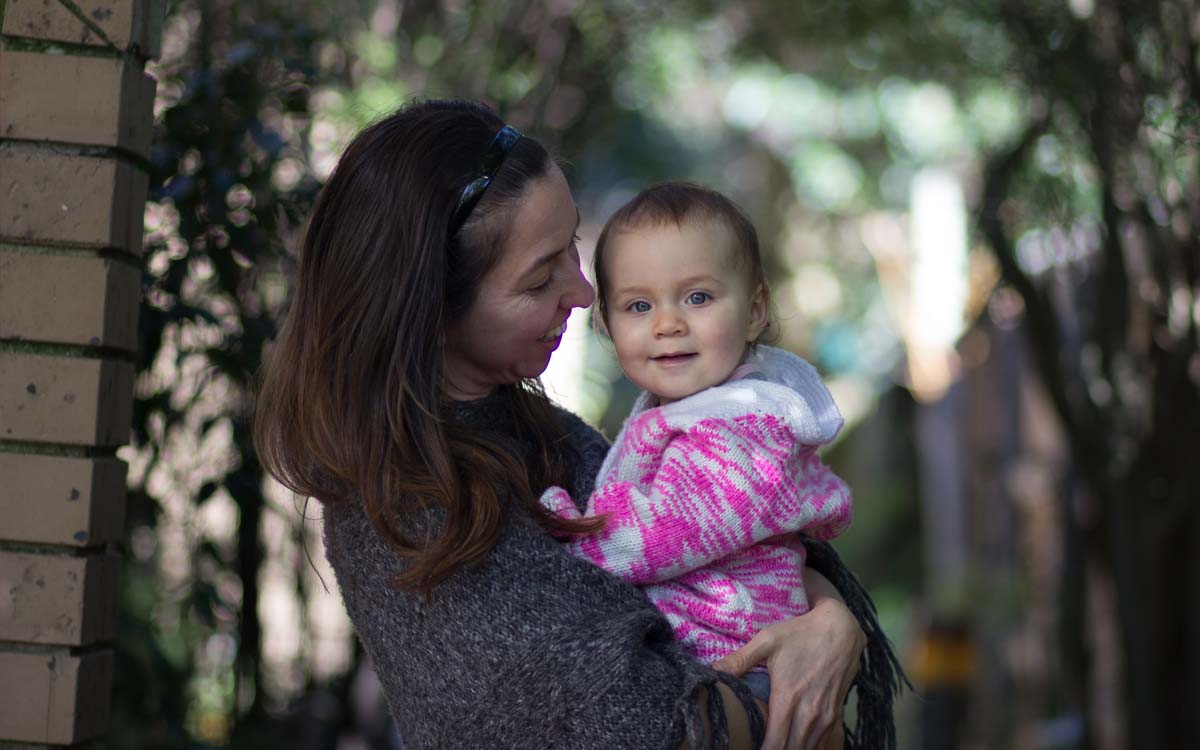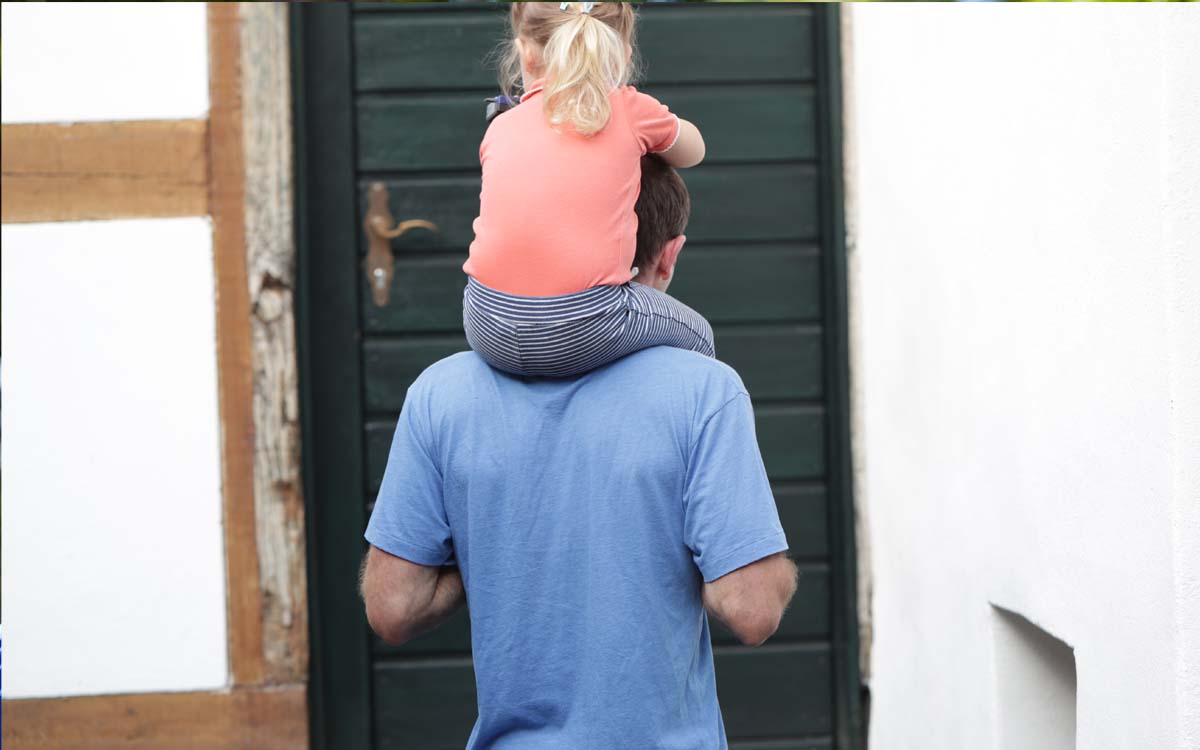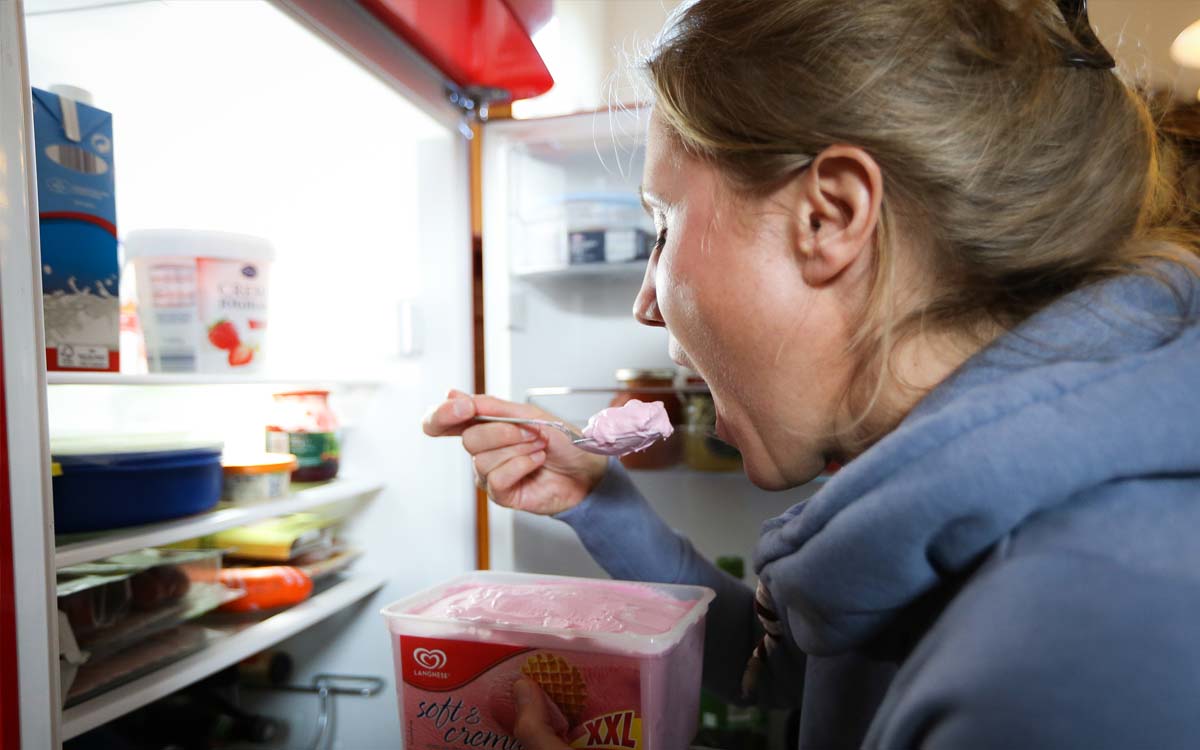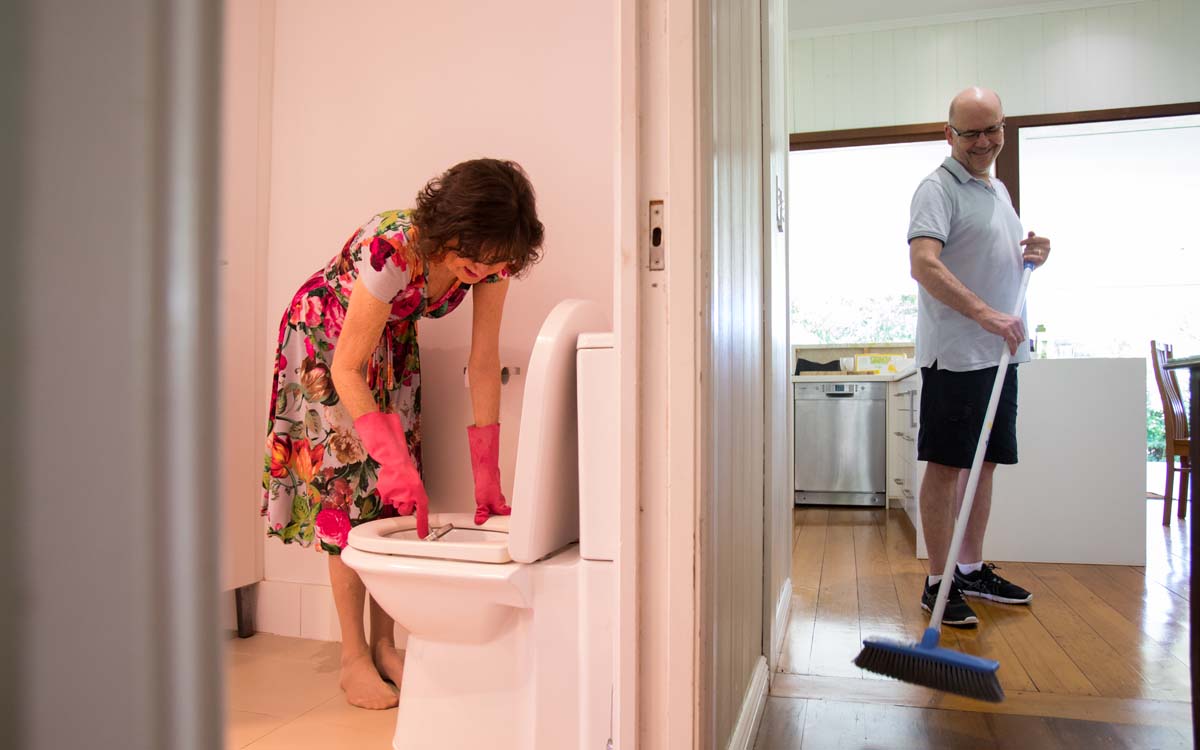Question
Answer:
As parents it is easy to go into comparison! We compare our children’s speech with their same aged peers, with a sibling at the same age or with the ‘developmental books’ to get a sense of whether my child ‘is normal?’ We look to see if our children’s pronunciation of sounds is comparative, if they are meeting the ‘milestones’ and look for signs of something not being ‘quite right’. But as we know, each child is an individual and develops independently of the ‘norms’ — thus, parents are often left wondering whether their child needs extra support or not.
As with walking, crawling and introducing solid foods, there are milestones that indicate when children are expected to have developed certain sounds.
For example, according to research presented in America in 2001 by Goldman, Fristoe and Williams, around 85% of children are correctly producing the ‘s’ sound in their everyday speech between the age of five and five years and five months. However, many children develop the ‘s’ sound earlier and some later.
These milestones can be a useful guide, as they tell us the age by which the majority of children are using each sound, as well as consonant blends (two consonants that appear together, e.g. ‘br’). However, the milestones are only one part of the picture and it is recommended they be used as a guide and not a rulebook.
The Approximate Age By Which Children Are Expected To Have Developed Speech Sounds:
|
Age |
Sounds typical for this age |
|---|---|
| 3 yrs |
m, n, h, w, p, b, t, d, k, g, ng, f, y, j, most vowel sounds |
| 4 yrs |
l, sh, ch, many consonant clusters (e.g. ‘sp’) |
| 5 yrs |
s, z, j, r, more consonant clusters (e.g. ‘scr’) |
| 6 yrs |
v |
| 8 yrs |
th |
So, when do we leave a child to develop their speech sounds naturally and when do we intervene? The best way to decide is to be guided by the child.The following checklist can support you in deciding whether or not your child would benefit from having their speech assessed by a speech pathologist:
- Has the child passed the age by which a sound is typically developed? The speech sound milestones can help determine this.
- Can your child repeat a sound they are having difficulty with in isolation as well as in words? If so, then they are more likely to develop this sound independently in the near future.
- Is your child’s speech causing them to feel frustrated or not understood by others? If so, their speech may be impacting their confidence as well as their social development and ability to demonstrate their learning to teachers at kindergarten or school.
So, the simplicity remains that when we observe our children and the relationships they have, they themselves — through their behaviours and experiences of life — will often tell us when support is required. If in doubt, a paediatric speech pathologist can support you in making this decision.
Reference:
Goldman, R, Fristoe M, Williams, K: Goldman Fristoe Test of Articulation 2 – Supplementary Developmental Norms (2000), Pearsons: Minneapolis
For further information or to book a consultation with our speech pathologist Kathryn please contact Fabic.
This article was originally published in the August 2015 Edition of Haven Magazine.

